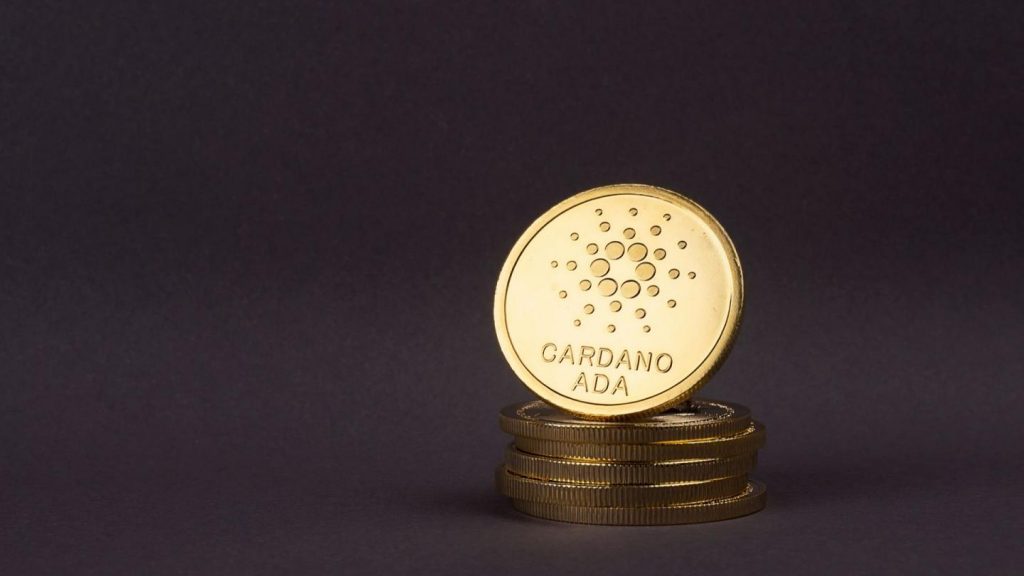Ripple (XRP) & Cardano ETF Are Not Likely Now, New Data Shows
Despite the hope of traders, a Ripple (XRP) and a Cardano (ADA) ETF is not likely to come to fruition in the near term. GSR has released a new report that includes its ETF Possibility Score, that judges how likely a cryptocurrency is to get its very own exchange-traded fund.
The new data takes into account both the decentralization of the token, and how much demand is present for the investment product. Subsequently, the report reinforced the interest in a Solana-based ETF, but placed a lot of doubt on other prominent digital assets.

Also Read: Ripple CEO: SEC Chair Gensler Will Cost Biden the 2024 Election
XRP and ADA Not Likely to Get an ETF Soon, Data Shows
This year, both Bitcoin and Ethereum received the first crypto-based ETFs in the United States. Although the latter has yet to go live, both have indicated a massive step forward for the industry in the country. Now, traders are looking at the current pool of crypto’s and awaiting what asset could be next.
Although Ripple (XRP) and Cardano (ADA) have been popular options, a new report suggests they aren’t likely to get an ETF anytime soon. Conversely, the data shows that Solana is next in line, clearly establishing itself alongside ETH and BTC as one of the market’s top three.

Also Read: Cardano Endures DDOS Attack: Will ADA’s Journey Succeed To $1?
Analyzing decentralization, GSR gave both XRP and Cardano a -0.9 and -0.1 score respectively. The data shows that both assets rank among the bottom three of the cryptocurrencies that the firm observed. The metrics don’t get any more encouraging when looking at demand.
The report notes that higher demand is a better indicator of an ETF in the near future. However, both XRP and ADA show demand scores of -0.2 and -0.5, respectively. Again, this places them among the bottom of the pool.
According to GSR, Solana is next up. Their data shows SOL, “outpaced the next closest digital asset by a large margin and was the only other besides Ethereum to have positive scores for both decentralization and demand.”
